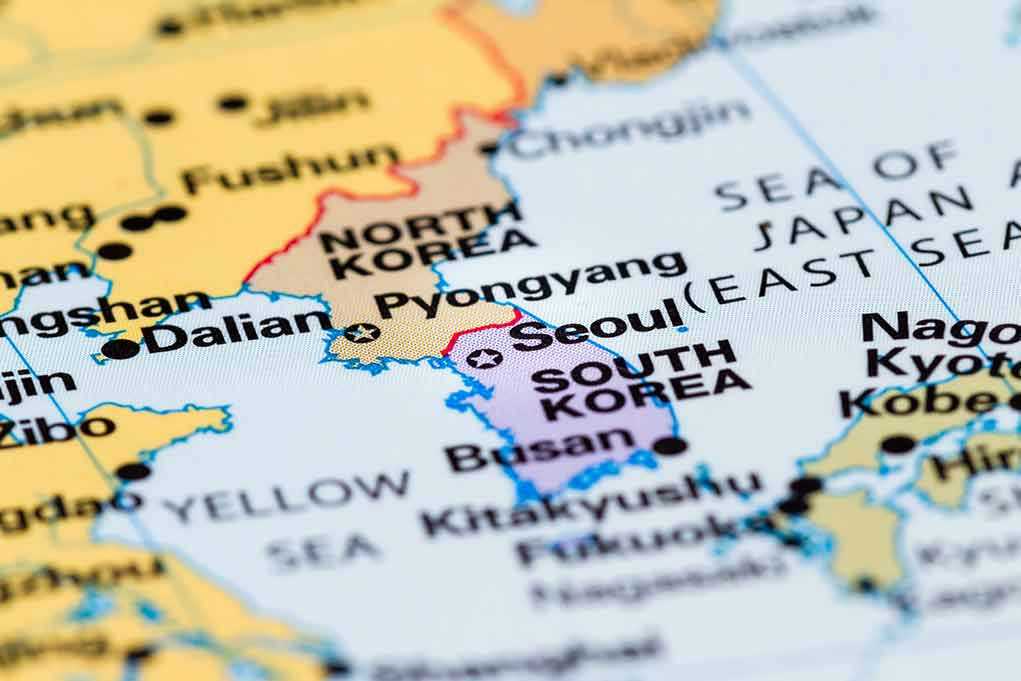
Imagine a sitting president in a modern democracy suspending the legislature, rounding up political opponents, and declaring martial law on live TV—then, just months later, prosecutors demanding his arrest for insurrection. You can’t make this stuff up, but that’s exactly what’s rocking South Korea right now.
At a Glance
- South Korean special prosecutors filed for the detention of former President Yoon Suk Yeol on insurrection charges.
- Yoon declared martial law in December 2024, suspending democratic institutions and arresting political opponents.
- Both major parties and the public united in protest, forcing a rapid reversal of martial law.
- The case has revived deep fears about military overreach and threats to South Korea’s hard-won democracy.
A President’s Power Grab: Martial Law in 2024
December 3, 2024, will go down as a date that should send chills down the spine of anyone who cherishes constitutional government. That evening, then-President Yoon Suk Yeol took to the airwaves and declared martial law, accusing his opponents in the Democratic Party of engaging in “anti-state activities” and colluding with North Korean communists. He called the situation a “legislative dictatorship,” as if that justified suspending the National Assembly, banning public gatherings, and putting the press on a leash. But that wasn’t enough—he also ordered the arrest of political opponents, including members of his own party who dared to disagree. It was a self-coup straight out of the authoritarian playbook, the kind of power grab that ought to be unthinkable in a modern republic. What’s next, suspending elections and appointing yourself president for life?
The reaction was swift and furious. Both major parties, including Yoon’s own, denounced the move, and the public poured into the streets. Within hours, 190 legislators defied efforts to block them and unanimously voted to lift martial law. Yoon and his cabinet caved by sunrise, rescinding the order and dissolving the martial law command. If you’re wondering how a president could think he’d get away with such a thing in a nation that fought long and hard to win its democracy, you’re not alone. The ghosts of South Korea’s authoritarian past—1961, 1980, and the infamous Gwangju massacre—were suddenly front and center again. Turns out, you can never take freedom for granted, not even for a minute.
Prosecutors Demand Accountability
Fast forward to July 6, 2025: special prosecutors formally requested the detention of Yoon on charges of insurrection. The indictment is as serious as it gets—direct involvement in suspending South Korea’s democratic institutions, ordering the military to arrest political opponents, and trying to silence the opposition. This isn’t just about one rogue president; it’s a test of whether Korea’s hard-won democracy can hold the line against executive overreach. Prosecutors are making it clear: no one, not even a president, is above the law. Their statement emphasized the gravity of the insurrection charges and the need to prevent evidence tampering or escape. Accountability matters, especially when the very system of government is on the line.
Yoon isn’t the only one under the microscope. Several former cabinet members and military officers are also facing investigation for their roles in the crisis. Defense Minister Kim Yong-hyun, who pressed for martial law, resigned amid the fallout, another reminder of just how deep the rot goes when power is abused. Impeachment proceedings continue, and the National Assembly and judiciary are working overtime to make sure this episode doesn’t get swept under the rug.
Lessons for America: Never Forget the Cost of Liberty
For Americans watching this unfold, there’s a lesson that can’t be ignored. When leaders start talking about “emergency powers” to save the country from supposed threats—foreign or domestic—it’s time to pay attention. When they attack the press, suspend legislatures, or try to muzzle the opposition, it’s not about safety or unity. It’s about raw, unchecked power. South Korea’s crisis should be a warning shot for every free society, especially ours. We’ve seen plenty of politicians—on both sides—get a taste for executive orders, “temporary” suspensions of rights, or calls to rewrite the Constitution whenever it suits their agenda. History proves that when government overreach goes unchecked, freedom is the first casualty. That’s why we have a Bill of Rights, checks and balances, and the Second Amendment—to make sure no one ever gets the bright idea that “martial law” is just another tool in the political toolbox.
Yoon’s downfall has also triggered a new wave of civic engagement in South Korea. The public’s rapid mobilization forced a course correction in hours, not months. Legal experts and political scientists are now pushing for tighter controls on emergency powers and clearer limits on what any president can do in a crisis. The fact that South Korea is holding its former president accountable—through open legal proceedings, not backroom deals—should be a model for democratic resilience everywhere. As for the economic and social fallout, it’s significant: investor uncertainty, shaken public trust, and a renewed debate over the true meaning of constitutional government. But maybe, just maybe, the nation will emerge stronger, with its freedoms more firmly defended than ever. If only we in the United States would take note and stop letting politicians—left, right, or center—chip away at our constitutional bedrock in the name of “crisis management.”
Sources:
2024 South Korean martial law crisis – Wikipedia
Yoon Declares Martial Law in South Korea – CSIS




